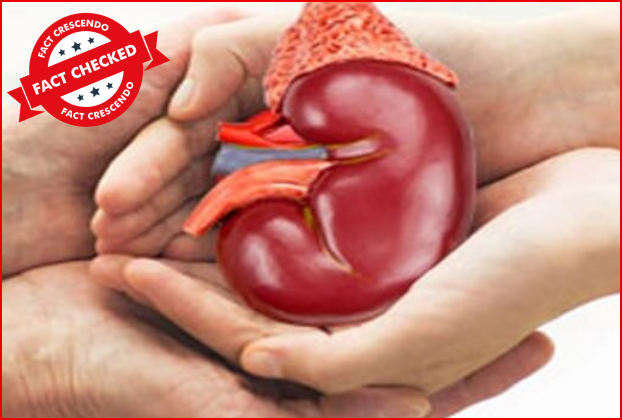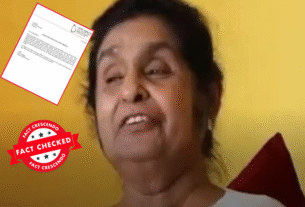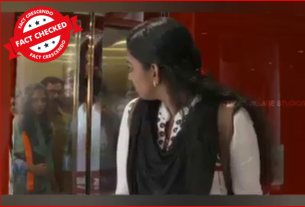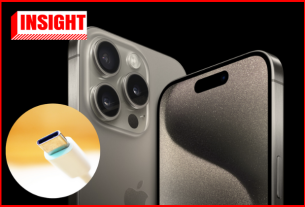
It is widely used to spread false information among people by deceiving Facebook users through posts, photos and videos that can mislead people through sensitive issues. A post about a free kidney donation was widely circulated on social media and the facts we did to find its accuracy are revealed below.
Social Media Posts :
A social media post stated, thus. “Two B positive and O positive kidney pairs from two brain dead patients are willing to donate. Therefore, if there is anyone who needs this type of kidney, please help to contact them immediately. Send the message to as many people as possible. Call 077 5480062”

In 2017, a message resurfaced on social media, asserting that the kidneys of a family of two, declared brain dead after an accident, were available for transplant along with three mobile numbers. Although the message aimed to “spread humanity,” two of the three numbers provided are invalid. It’s crucial to adhere to strict organ donation guidelines for kidney transplantation.
In 2022, this message gained widespread circulation on WhatsApp and was also posted on Facebook.

This is how we took steps to investigate this.
Fact-Check :
This message, in its various forms, has been extensively disseminated across social media platforms both domestically and internationally for several years. Furthermore, Fact Crescendo Sinhala language group, along with numerous fact-checking organizations, has conducted thorough investigations into its veracity and confirmed it to be false.
Sri Jayewardenepura General Hospital
The organ transplant unit at the Sri Jayewardenepura General Hospital clarified that organ donations in Sri Lanka must be coordinated through hospitals, not through social media channels. he stressed the importance of adhering to the established process prior to transplantation, which includes thorough screenings for organ suitability. They further stated, “In cases such as those described in this post, the family must inform the hospital of their intent to donate organs and provide written consent. Once it has been determined that the organs are healthy and suitable for donation and transplantation, they will be allocated to compatible recipients.”
Dr. Yasuni Manikkage
Organ donation involves the voluntary removal and transplantation of one’s own organ to another person, either with the donor’s consent while alive or with the permission of their next of kin after death. Donations may be made for research purposes, but more commonly, healthy organs and tissues are donated for transplantation into another individual. Dr. Yasuni Manikkage, a Committee member of the Organ Donation and Transplantation Foundation in Sri Lanka, noted that organs from a single donor have the potential to save up to 50 lives, according to experts.
She emphasized that for a transplant to occur, a donor is essential. Patients are placed on a transplant waiting list, but the duration of the waiting period is unpredictable. In Sri Lanka, approximately 5000 patients succumb to kidney failure annually due to the scarcity of donors.
Furthermore, she highlighted that in Sri Lanka, most donations occur from deceased donors, typically after they are declared clinically and legally brain dead. She clarified that in reality, a patient is declared deceased when the heart ceases to function. For example, in cases where an individual has been in a severe accident and despite medical efforts cannot be revived, they may be considered brain dead, leading to the eventual cessation of all organ functions within 24 to 48 hours if life support is not sustained. Hence, in such cases, while still a patient, one can be deemed a potential donor. It’s worth noting that a single donor has the capacity to save up to eight lives. However, if death occurs at home, organ donation is not possible. Read more about this here.
The process for organ donation concerning kidney transplants in India
The process for organ donation concerning kidney transplants in India was investigated by our Indian Malayalam team. An inquiry was made to the organ donation department of the Kerala state government.
A spokesperson from the department clarified that it is not legally permissible to disseminate information about organ transplants via WhatsApp in the country. They emphasized that organs are sourced exclusively from patients in registered hospitals, and approval is granted only after four rounds of evaluation to determine the eligibility of declared brain-dead patients for transplantation. Furthermore, they confirmed that a complaint was filed regarding this message in 2017 and asserted that it is indeed a false claim.
Moreover, hearts necessitate transplantation within four to six hours, while livers and kidneys require transplantation within eight hours. Organ transplants are exclusively conducted through registered hospitals. In cases where the organ donor is located in an unregistered hospital, they will be transferred to a registered hospital for organ retrieval. If transferring the patient poses difficulty, the same hospital may be temporarily authorized as a center by the government. Hence, conducting searches for individuals through WhatsApp messages is not feasible. They also reiterated that this was an isolated incident.
Phone numbers mentioned in the WhatsApp message
We attempted to contact the provided Sri Lankan phone number, but it was not active.
Additionally, two out of the three phone numbers provided in the aforementioned message are inactive and those were Indian phone numbers. The first phone number belongs to Dr. Sandeep Kumar Garg, a nephrologist in Meerut, India. Various users of the Truecaller application have attempted to assert the legitimacy of this message. This claim was also highlighted by another group of investigators in India. You can find the report here.
Here is the fact-finding report conducted by our Malayalam team.
Also Read : වකුගඩු 04ක් පරිත්යාග කරන ලෙස ඉල්ලීමක් සමඟින් හුවමාරු වන WhatsApp පණිවිඩයේ ඇත්ත කතාව!

Title:Revived Hoax: Misleading Message on Kidney Donation
Fact Check By: Pavithra SandamaliResult: False






